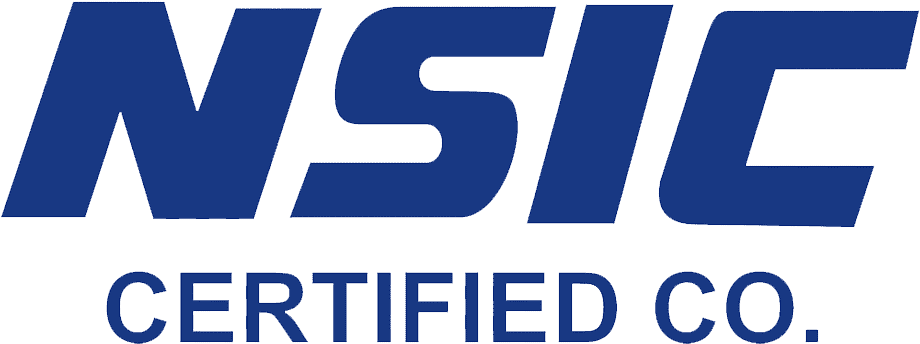Chemistry Practicals Class 10
Oxidation and Reduction Reactions
- Teach science experiments in a gamified way
- Boost conceptual clarity and knowledge retention
- Aligned with National Education Policy 2020
- Helpful in getting NAAC accreditation
- CBSE, ICSE, and state boards aligned curricula
- Engaging simulations with easy-to-teach instructions
About Simulation
- You will have the opportunity to engage in the simulation for the oxidation and reduction experiment, simulating the heating process of copper powder virtually, thus allowing you to observe the chemical changes without the need for physical materials.
- Through this simulation, you can deepen your understanding of the concepts of oxidation and reduction reactions in chemistry.
- By participating in the simulation, you can observe the reaction firsthand as copper powder undergoes heating, providing insights into chemical transformations.
- You will be able to identify and comprehend the changes occurring to copper during the heating process, aiding in your comprehension of oxidation and reduction phenomena.

- Through this interactive experience, you can gain valuable knowledge about the behaviour of copper in oxidation and reduction reactions, enhancing your understanding of these fundamental chemical processes.
Simulation Details




Description
A redox reaction is defined as a reaction in which oxidation and reduction take place simultaneously.
Oxidation: Oxidation involves either the gain of oxygen or the loss of hydrogen.
1) Gaining Oxygen: Oxidation can occur when a substance gains oxygen. For example, the reaction of magnesium metal with oxygen to form magnesium oxide shows oxidation as magnesium gains oxygen.

2) Removal of Hydrogen: Oxidation can also involve the removal of hydrogen from a compound. For example, in the combustion of methane, carbon undergoes oxidation by losing hydrogen.

Reduction: Reduction involves either the loss of oxygen or the gain of hydrogen.
1) Loss of Oxygen: Reduction can occur when a substance loses oxygen. For example, the reaction of copper oxide (CuO) with hydrogen gas to produce copper metal and water demonstrates reduction as copper loses oxygen.

2) Gaining Hydrogen: Reduction can also involve gaining hydrogen. For example, in the reaction of Hydrogen sulphide with chlorine gas to form sulphur and hydrochloric acid, chlorine undergoes reduction by gaining hydrogen.

Watch this video to learn more about chemistry.
Requirements for this Science Experiment
- Copper powder
- China dish
- Bunsen burner
- Wire gauze
- Tripod Stand
- Spatula
Why Choose SimuLab for Science Practicals?


Try SimuLab
A 3D virtual science lab (physics lab, chemistry lab, and biology lab) that helps students learn science experiments easily.



